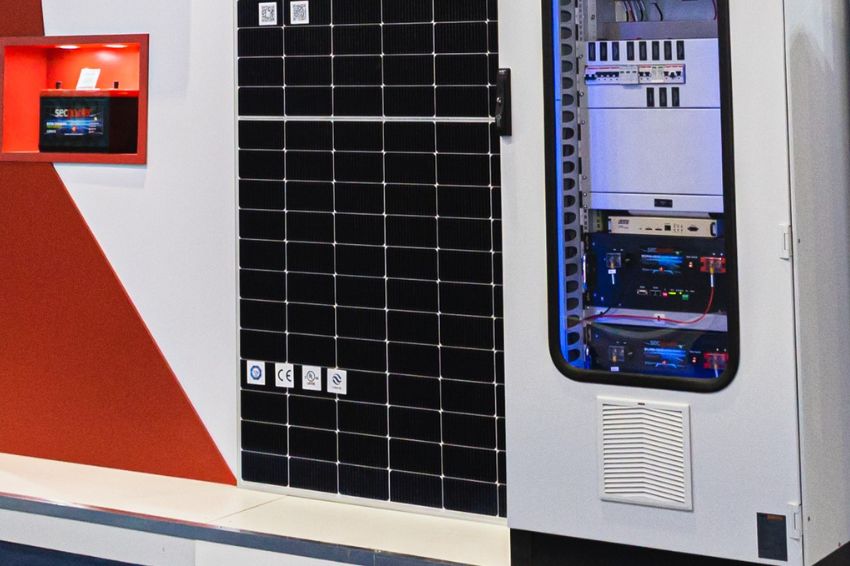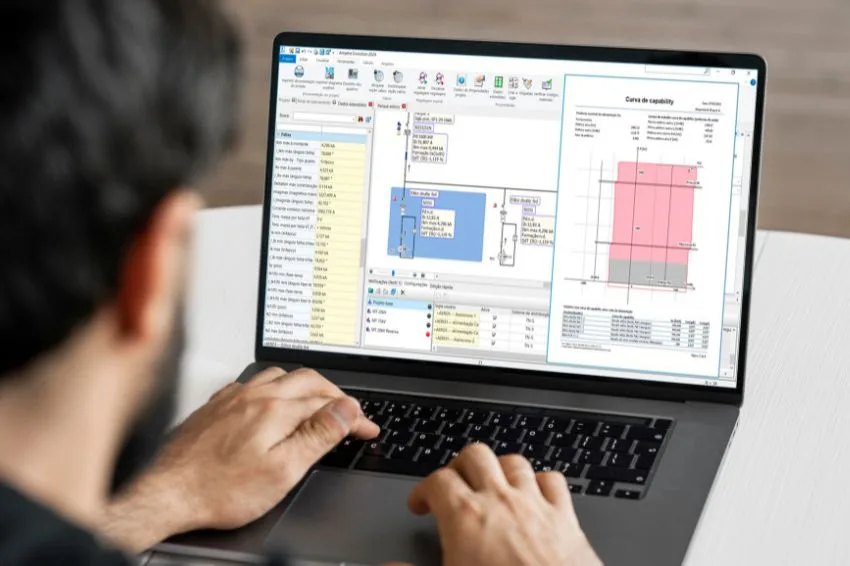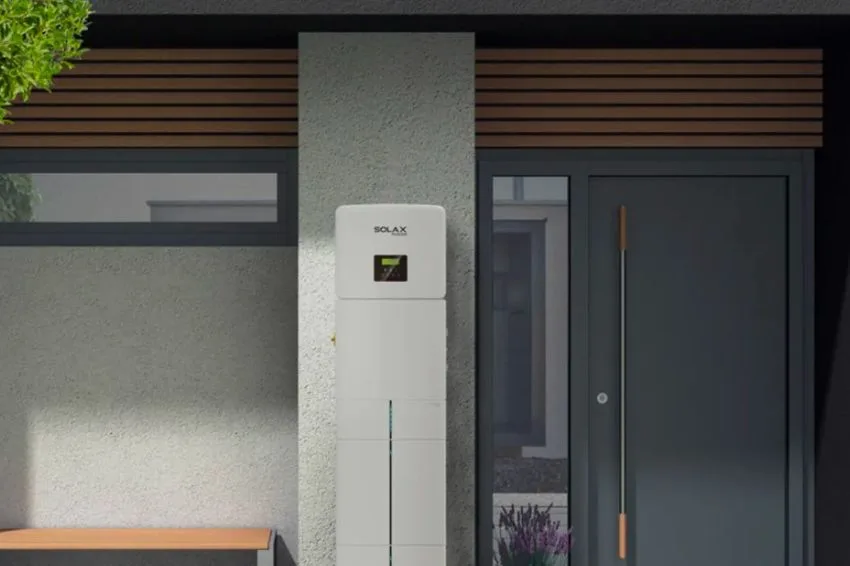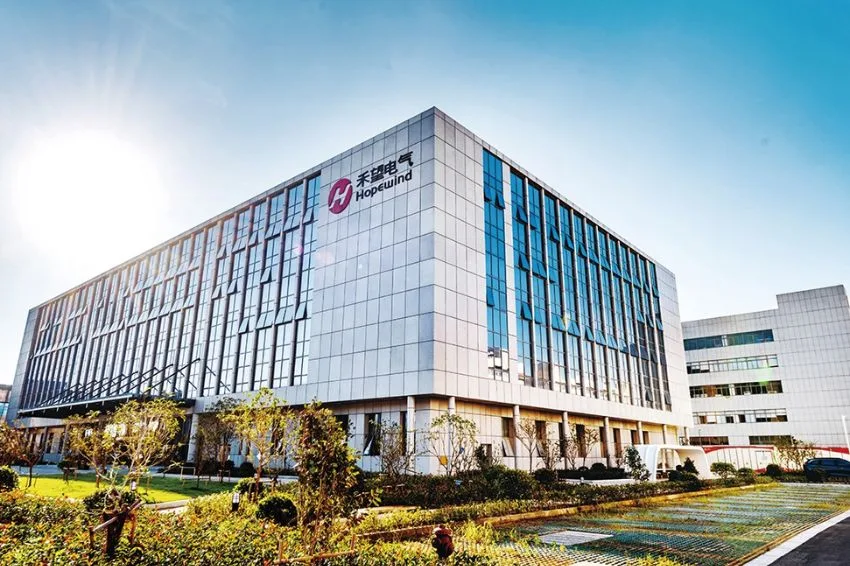The growing interest in clean and renewable energy has brought photovoltaic systems to center stage as a reliable and sustainable energy source. A incorporation of batteries for storage not only opened new doors, but also brought with it intriguing challenges.
As more components are added to a generation system, concerns arise about efficiency, as these additions can often result in a decrease in overall effectiveness.
This becomes particularly crucial when we carefully consider the delicate balance between system cost and the expected benefits.
Despite these challenges, it is important to note that the current landscape is full of exciting possibilities. A optimization of photovoltaic systems, emerges as a complex but exciting challenge.
In this scenario, the lithium batteries play a fundamental role, offering Innovative solutions to improve the energy efficiency. As we face these adversities, we are encouraged to explore new frontiers, shaping a greener and more sustainable future for everyone.
Let's explore how this technology has been crucial to boost photovoltaic energy storage.
Optimization strategies in photovoltaic systems
Improving the efficiency of photovoltaic systems involves a series of well-established strategies, including the optimal positioning of photovoltaic modules, the use of high-efficiency inverters and regular maintenance, with continuous monitoring of performance. All of these strategies play a fundamental role in the search for energy efficiency.
Just as we constantly search for the most efficient inverters and photovoltaic modules, the same level of attention should be directed to batteries.
Choosing an inefficient battery can compromise the entire system design, making it ineffective in its entirety and not just in specific parts.
Each battery technology has its own distinct characteristics, making them suitable for different contexts within the photovoltaic landscape.
Lead-acid batteries, for example, may have slightly lower efficiency compared to other technologies.
Although this can impact the system's useful life and result in losses during charge and discharge cycles, they still find their application in specific scenarios.
On the other hand, newer and more efficient technologies have emerged over time. Although they may be more expensive initially, these technologies offer distinct benefits, such as greater durability, better tolerance to high temperatures and reduced memory effect.
Therefore, the choice between these technologies is not a matter of right or wrong, but rather of identifying which one is more efficient or beneficial for a given context, whether in the short or long term.
This diversity of options not only reflects the continued evolution of the photovoltaic field, but also highlights the importance of carefully considering the specific needs of each project when choosing the appropriate battery technology.
Each technology has its place and can contribute in unique ways to boosting the efficiency and sustainability of photovoltaic systems.
However, the real transformation occurs when we consider the integration of lithium batteries into this scenario. They not only optimize existing strategies, but also introduce new dimensions to the efficiency of photovoltaic systems.
The transformative role of lithium batteries
Lithium batteries represent a revolution in the way solar energy is produced, stored and used. Its ability to efficiently store surplus energy is one of the most impactful aspects.
During periods of high solar energy generation, excess energy can be stored in batteries, eliminating waste and allowing electricity to be used at times when solar production is scarce or non-existent, such as at night or on cloudy days.
Lithium batteries become the link that connects intermittent solar generation with constant energy consumption, resembling a water reserve that makes the resource available regardless of its momentary availability.
Furthermore, lithium batteries, with their highly efficient storage cells, manage energy flow intelligently.
Battery management systems allow the distribution of energy according to the parameters of the best consumption time, such as the peak hour, where the battery can efficiently act, reducing or canceling the income's energy consumption at its highest cost. .
This not only maximizes the efficiency of stored energy, but also extends the life of the batteries, resulting in long-term savings. Another significant impact of lithium batteries is the ability of smaller systems to smooth out spikes in power demand.
These peaks can result in high electricity costs for consumers, but batteries can provide power during these critical times, saving money and reducing pressure on the power grid. The more efficient and economical the solution, the better for everyone.
The integration of lithium batteries into photovoltaic systems also drives the search for energy self-sufficiency. With more efficient energy storage, photovoltaic systems can operate independently of the conventional electrical grid, making consumers more resilient to power outages.
Last but not least, lithium batteries play a crucial role in emergency response. When power outages occur, batteries can instantly step in as backup power sources, ensuring the continuity of essential operations such as hospitals and emergency services.
The journey towards more efficient and sustainable photovoltaic systems reaches a crucial point with the introduction of lithium batteries.
Its superior efficiency characteristics enable greater storage capacity, intelligent management, smoothing of demand peaks and guaranteed energy supply in critical situations, all with optimized resources.
Lithium batteries are not just an additional component, but rather the foundation that enables the transition to a cleaner and more efficient energy matrix.
As lithium battery technology continues to evolve, we can look forward to a bright future for photovoltaics, where efficiency and sustainability become the norm and a tangible reality.
The opinions and information expressed are the sole responsibility of the author and do not necessarily represent the official position of Canal Solar.















